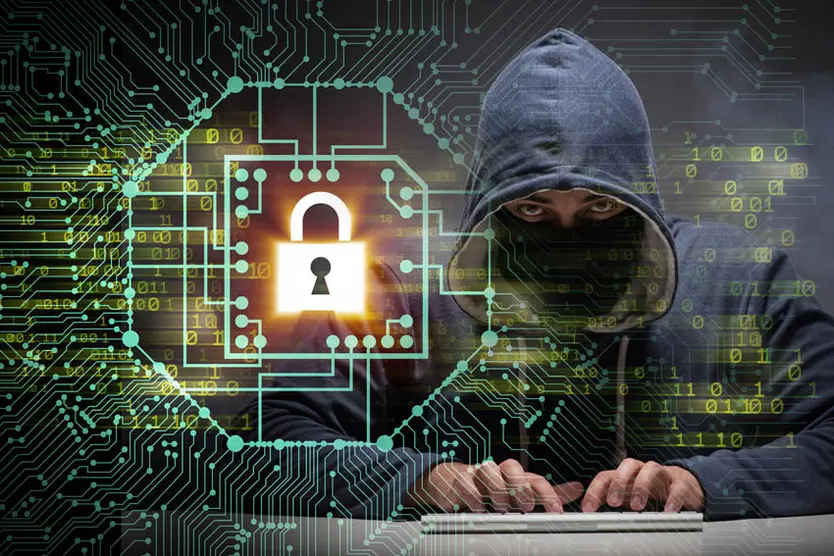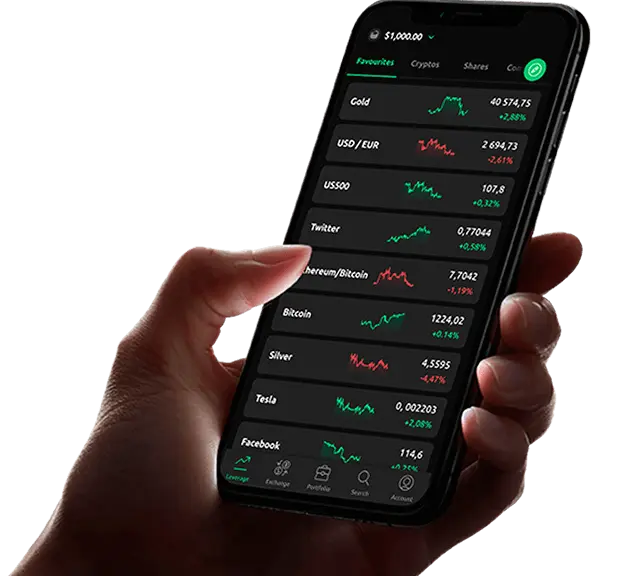Storing bitcoin is straightforward – providing you take security seriously

One of the most common questions that Bitcoin novices ask is “Where to store bitcoin?” Is there a bank of bitcoin or do people need to set up software on their computers to house it? Also where to store a bitcoin wallet?
And how do you store bitcoin securely? Before we explain the safest way to store bitcoin it is worth pondering this cautionary tale.
Somewhere in a landfill site in Wales are riches beyond your wildest dreams. Yet the chances of you, or indeed anyone, getting their hands on the money are very remote indeed. How the money got there is an incredible and rather sad tale.
Welsh IT worker James Howells first heard about bitcoin in 2009. Thinking that it sounded like an interesting idea and believing that digital currencies could become important in the future, he started mining bitcoin. In fact, he took his mining very seriously, securing 7,500 bitcoins between 2009 and 2013.
As time went by James upgraded his laptop and sold the one he had used for bitcoin mining. Crucially, though, he kept the hard drive which had the information about the bitcoin on it (including his private key) and put it in a drawer.
Disaster struck a year later when he accidentally threw the hard drive out and it now resides in a dump in Wales. So he no longer had access to his bitcoin. Not surprisingly, Howells was keen to have a root around the site to see if he could recover the hard drive, but Newport City Council told him that as they dump more than 50,000 tons of rubbish on the site each year, it simply wasn’t possible.
Howells knows that were he to recover the hard drive today, the bitcoin would be worth around $480m (nearly £365m) at the time of writing.
Howells’ sorry tale is just one example of how people have lost large sums of money through misplacing bitcoin, and crucially their private keys. It is vital to take bitcoin storage seriously.
So how to store Bitcoin safely and securely?
First, much depends on what you are using bitcoin for. If you are buying it to invest short term over a period of a few days or weeks, then it is fine to leave it with an exchange. If you buy bitcoin via Dzengi.com, for example, we have ultra-high levels of security backed up by two-step authentication procedures to keep your cryptocurrency safe.
However, if you are buying bitcoin because you think that in the long haul it will be worth a lot more money than it is now, then you need to think about investing in a wallet.
The wallet is like an internet bank account. It’s a space where you store your bitcoin and manage your transactions. It is protected by a code that acts a password. This is called a private key and should only be known to you. If someone else gets your code they can basically steal your money, so it is essential to keep the code as secure as possible.
You also have another code which is called a public key – this is the address you use to send bitcoin to other people for payment purposes or investing.
Confusingly there are several different types of wallets – we will look at them in a minute – but broadly they fall into two different types: hot wallets and cold wallets.
Hot wallets vs cold crypto wallets: which is best?
Hot wallets are where the private key is stored online – or in devices connected to the internet. This can include on exchanges, too, so some customers of Dzengi.com have a hot wallet that is securely administered by the company, but for which they have the private key. There are also hot wallets stored on devices such as computers or phones that are connected to the internet.
Cold wallets are when the private key isn’t connected to the internet. So the code for the key can be written on paper, or used in conjunction with a piece of hardware.
So which is safer?
Well the threat of hacking means that cold wallets are inevitably more secure. Unless of course you forget your private key or like James Howells consign the key to landfill.
For most people arguably the best solution is a mixture of the two. Hot wallets are more convenient if you want to use bitcoin, so it makes sense to keep the bitcoin that you want to spend or invest there. If you are using an exchange such as Dzengi.com then it’s fine to use our services to store some of your bitcoin. Yet if you have a lot of bitcoin, or if you have bitcoin that you are keeping because you think that in the long run the price will rise, then keep that in a cold wallet.
What different types of crypto wallets are available?
There are several different types.
- Web wallets are online wallets that are usually held by exchanges. They can also be integrated into browsers. Mobile wallets are invariably simple, easy-to-use wallets that are stored on mobiles, often via apps;
- Desktop wallets are essentially software installed on computers. In theory they could be cold wallets if the computer never goes online, but these are generally hot wallets and not really ideal for storing large amounts of bitcoin over long periods of time. If you do opt for one of these wallets make sure your computer is up to date with the latest security software. Their security depends on the security of your computer;
- Many people who store bitcoin long term use hardware wallets. These cold wallets are usually USB sticks that are protected by a code. There are many different brands to choose from including Keepkey, Trezor and Ledger;
- Finally there are paper wallets which, as the name suggests, are a piece of paper that have details of your public and private keys. They carry some risks in that anyone who takes the paper has the chance to access your private and public keys. But as they are cold wallets at least they can’t be tampered with or stolen by hackers.
Also bear in mind that paper is not durable – it will fall apart if it gets wet, or it could burn or degrade over time. You can get one using a bitcoin paper-wallet generator, an online tool that creates a QR code for you.
So the question “How and where to store bitcoin?” is perhaps more complex than it first might seem. There are however many different solutions – you just need to choose the most sensible and secure one for you.

